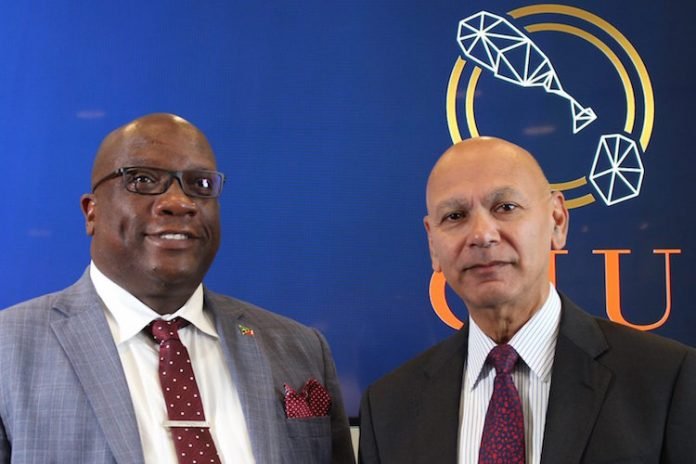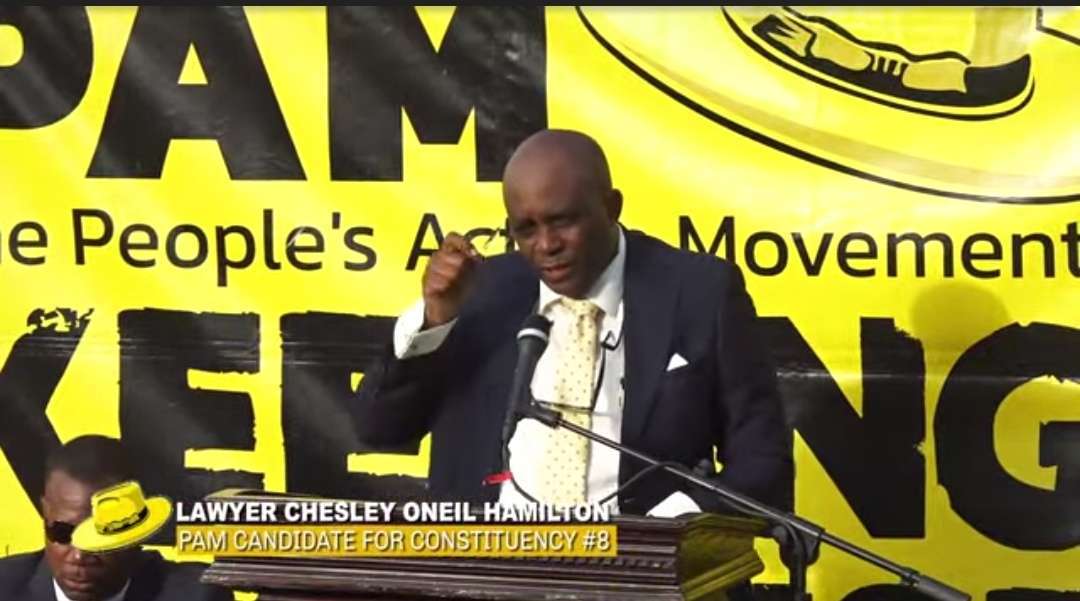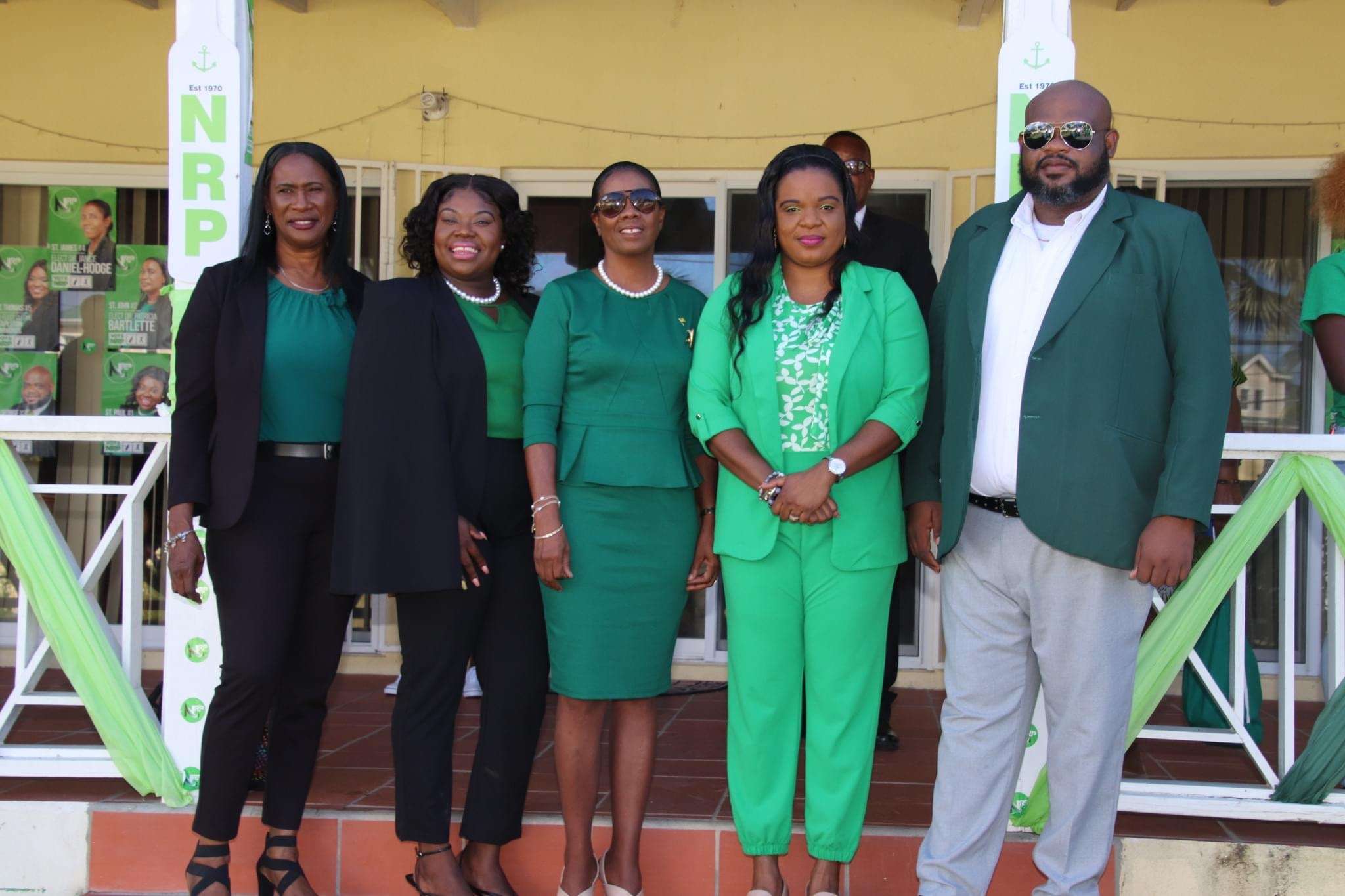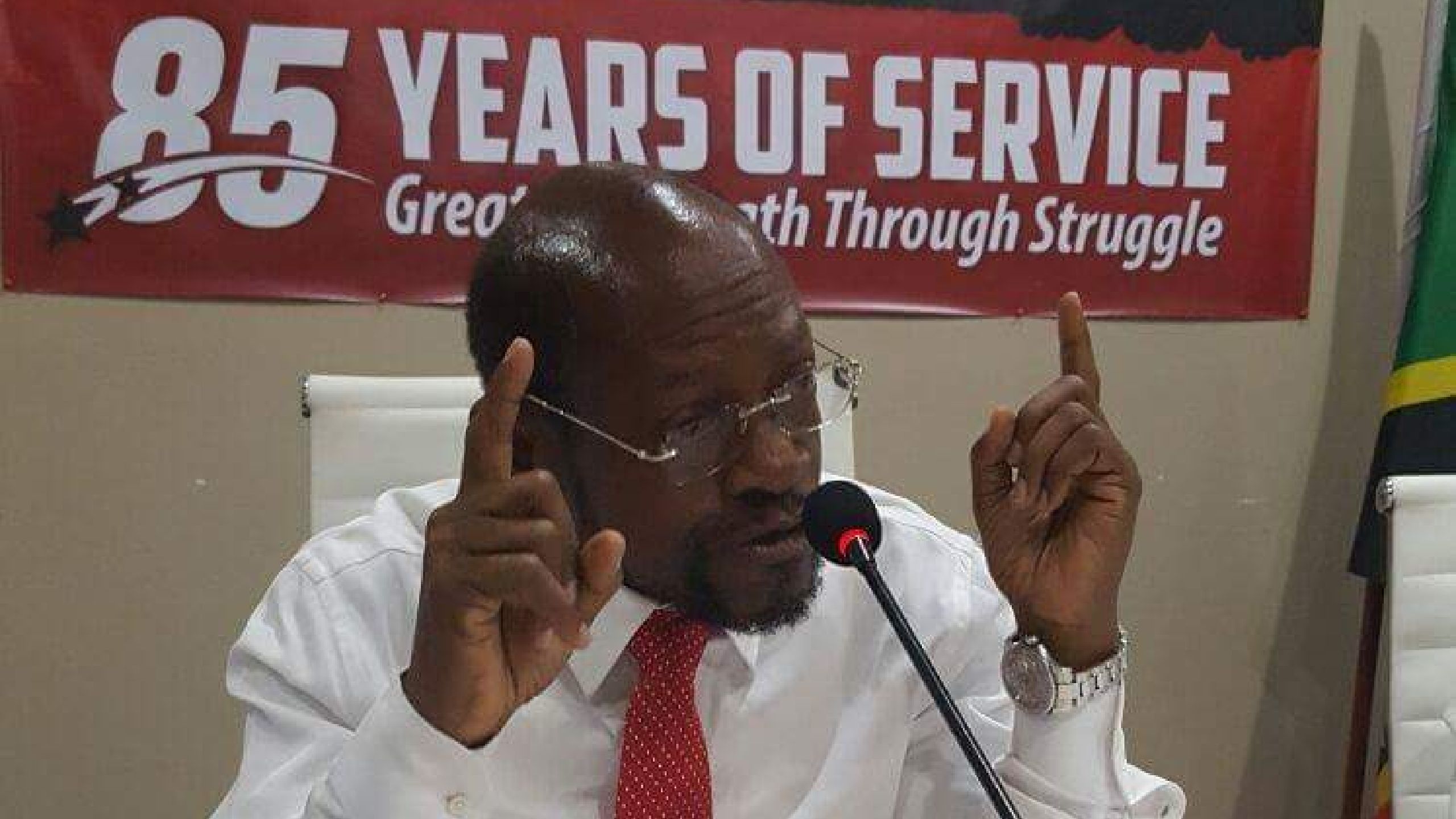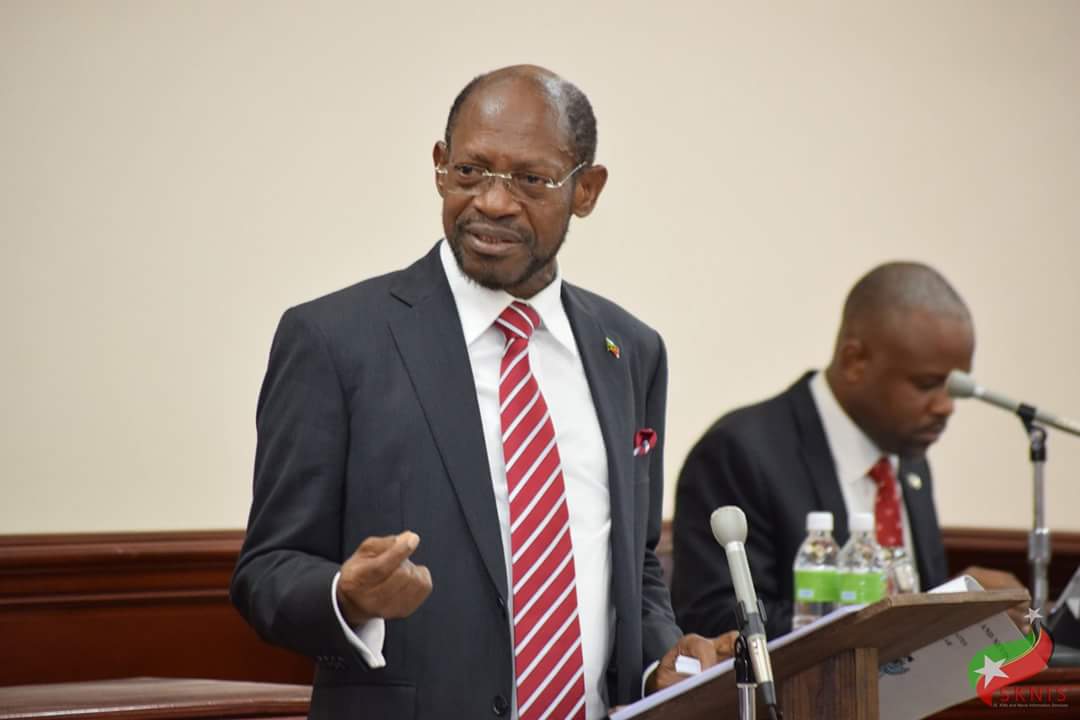Basseterre, St. Kitts, November 2, 2017 – The international media continues to highlight the deception and dishonesty of the Federation’s Prime Minister, dr. the Hon. Timothy Harris.
“In yet another attempt to deny the obvious, St. Kitts and Nevis prime minister, Dr. Timothy Harris, has claimed that the recently introduced Hurricane Relief Fund (HRF) option was not designed to undercut other citizenship by investment programmes, nor did it represent a reduction in his country’s “offering,” reported the Texas-based Caribbeannewsnow.
CaribbeannewsNow: “We did not lower our offering, what we did is that we introduced a new product so we have three distinct products competing in the market. Our real estate product, our SIDF [Sugar Industry Diversification Foundation] product and we introduced a third one,” Harris said last week.
Harris did not explain his terminology, when the “product” is exactly the same, i.e. economic citizenship, but the effective cost thereof has in fact been significantly reduced.
After implementing a drastic 50 percent reduction in its required donation for economic citizenship in September, in a series of contradictory press statements, the St. Kitts and Nevis initially tried to claim that there was no reduction at all.
The St. Kitts and Nevis programme now has three distinct citizenship options: the real estate product priced at US$400,000, the SIDF option at US$250,000, and the recently introduced Hurricane Relief Fund (HRF) option where investors can make a non-refundable contribution of US$150,000.
The HRF option is claimed to be available for a period of only six months, although the St. Kitts and Nevis government has also never satisfactorily explained who they expect to make a donation of $250,000 to the SIDF when the same benefit is available for a donation of $150,000 to the HRF. ***(If a family of four gets four St. Kitts and Nevis passports it amounts to US$37,500 for each passport)
Further, although claiming that his government was satisfied with the market response to the three “offerings” of the citizenship by investment programme (CIP), Harris provided no details of the comparative level of contributions to the cheaper HRF and the far more expensive SIDF, for essentially the same “product”.
According to Emmanuel Nanthan, head of the Citizenship by Investment Unit (CIU) in Dominica, the St. Kitts and Nevis government’s poor handling of the HRF option and the Caribbean media’s negative reaction to it has harmed St. Kitts’ reputation.
“I think that the introduction of the Hurricane Relief Fund, which was intended to increase interest in the St Kitts CIP, is having the opposite effect. With all due respect to my friends and colleagues at the St. Kitts and Nevis CIU, they are no longer the platinum brand in the Caribbean; Dominica is,” he told Investment Migration Insider.
While head of the St. Kitts and Nevis CIU, Les Khan, recently highlighted a number of different steps in the due diligence process conducted by the CIU, he made no reference to the ongoing difficulties that may be experienced by holders of St. Kitts and Nevis passports in conducting financial transactions in the US as a result of a still extant US Treasury’s Financial Crimes Enforcement Network (FinCEN) advisory.
Specifically, FinCEN believes that illicit actors are abusing the St. Kitts and Nevis programme to acquire citizenship in order to mask their identity and geographic background for the purpose of evading US or international sanctions or engaging in other financial crime.
In particular, FinCEN advised that US financial institutions should conduct risk-based customer due diligence to mitigate the risk that a customer is disguising his or her identity with an St. Kitts and Nevis passport in order to evade sanctions or engage in other financial crime.”
***The opposition St. Kitts-Nevis Labour Party has coined the HRF as the Harris Re-election Fund.
Photo: Prime Minister Harris (left) and Les Khan

